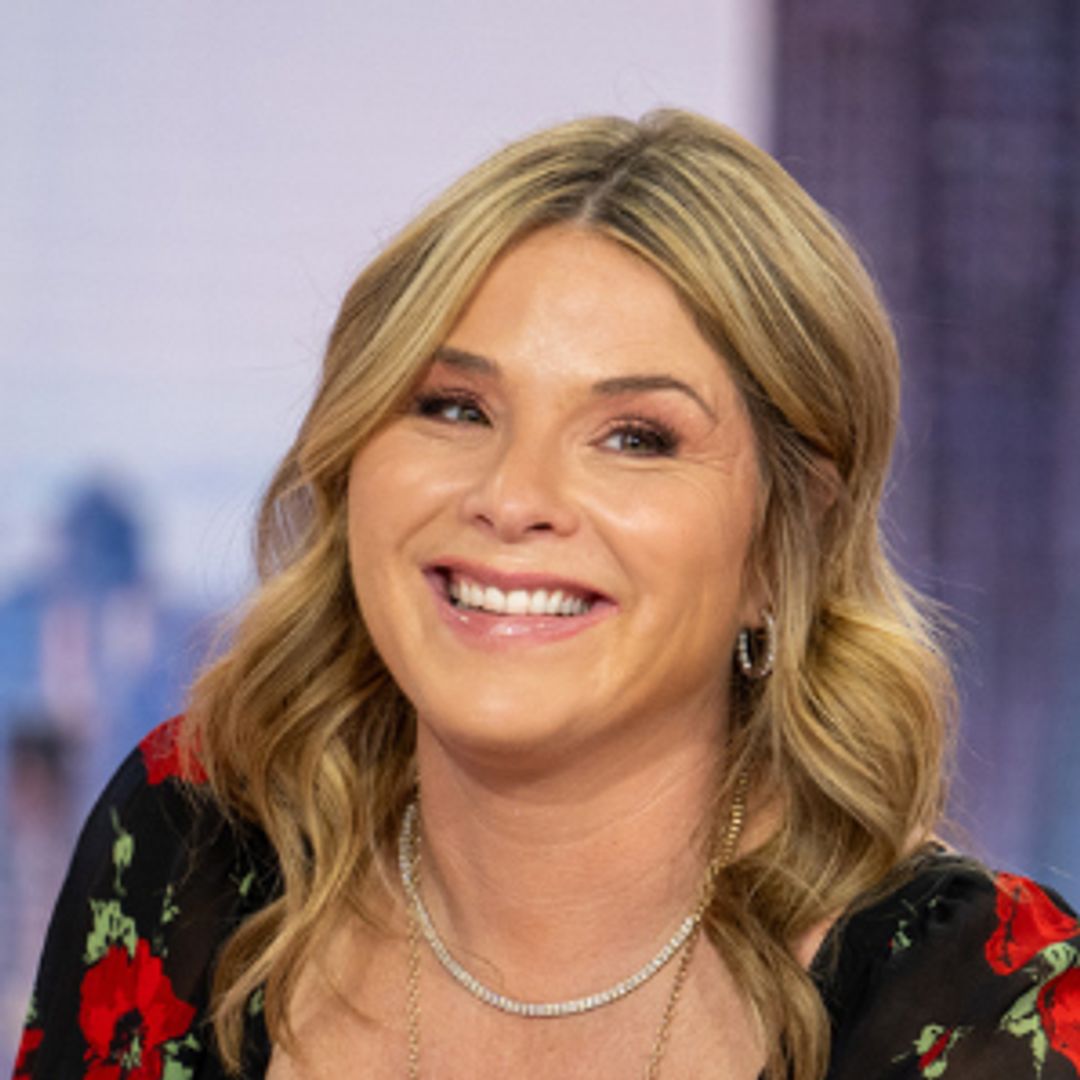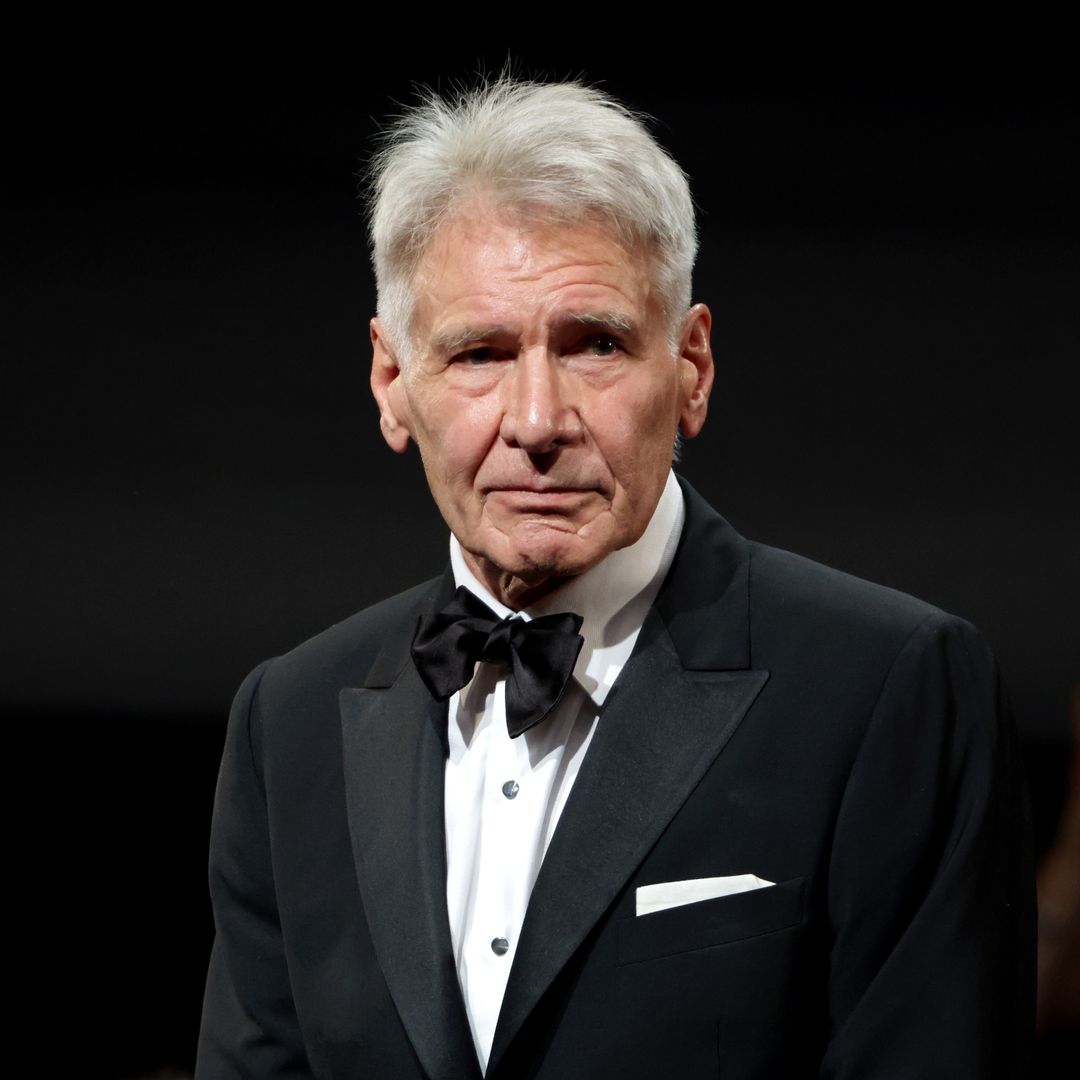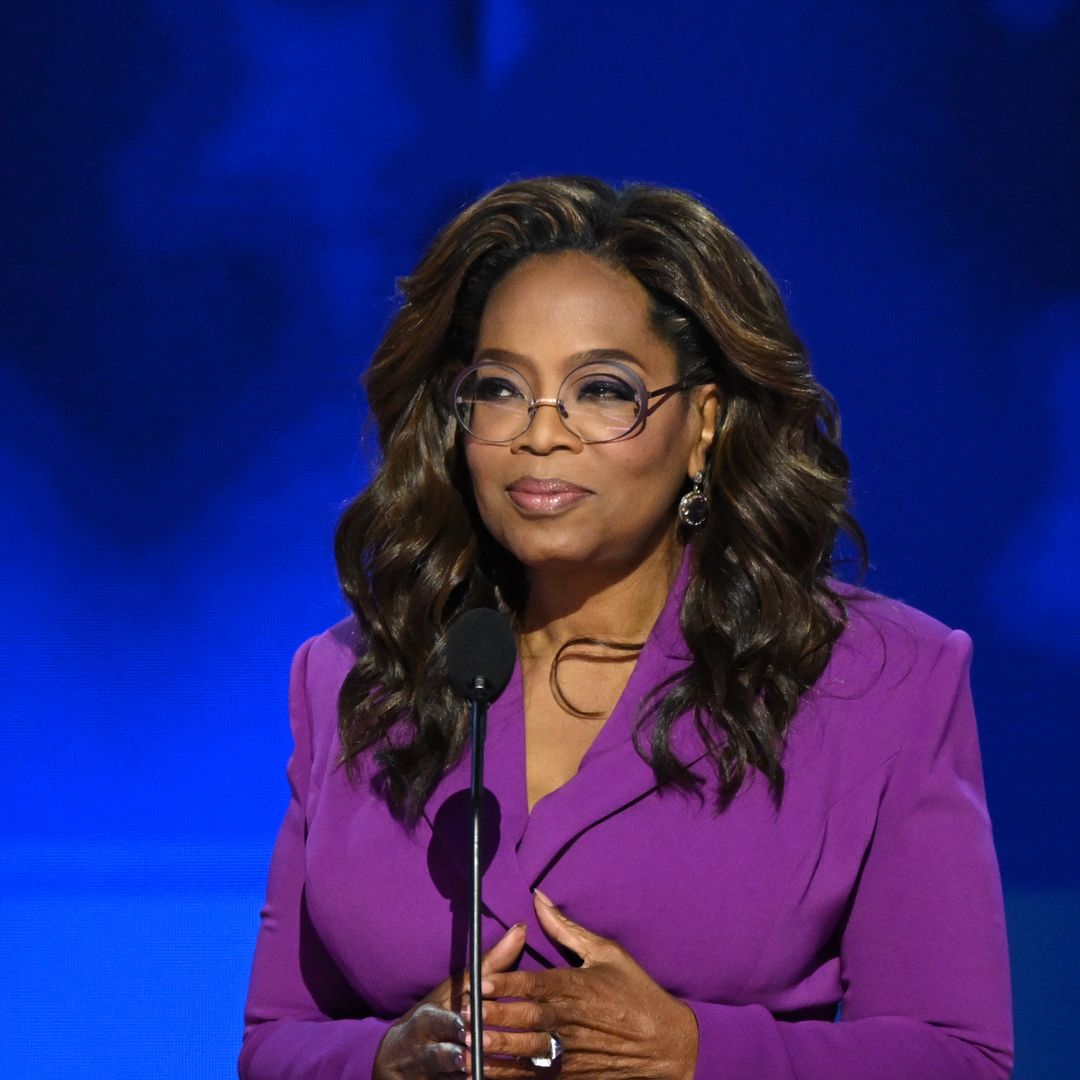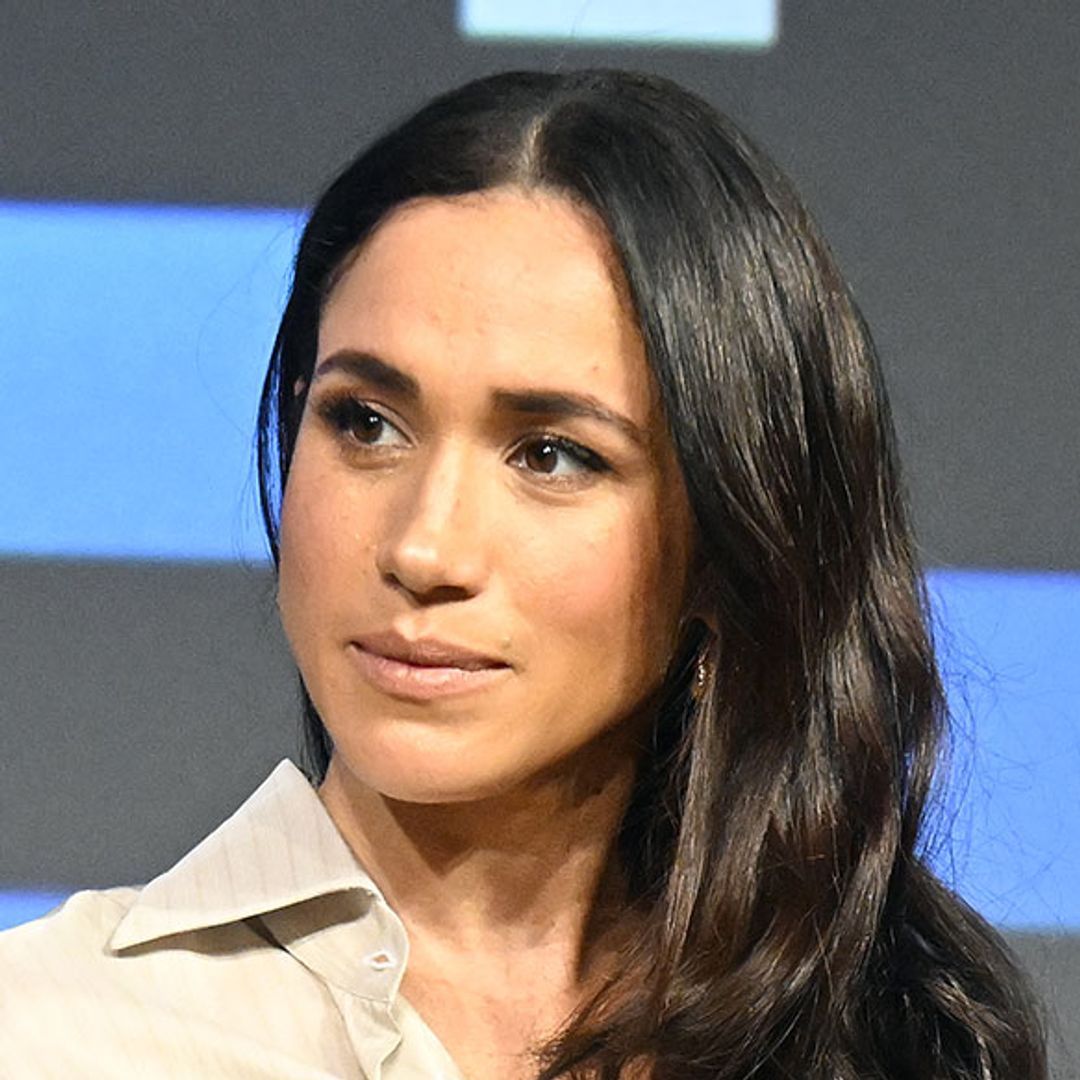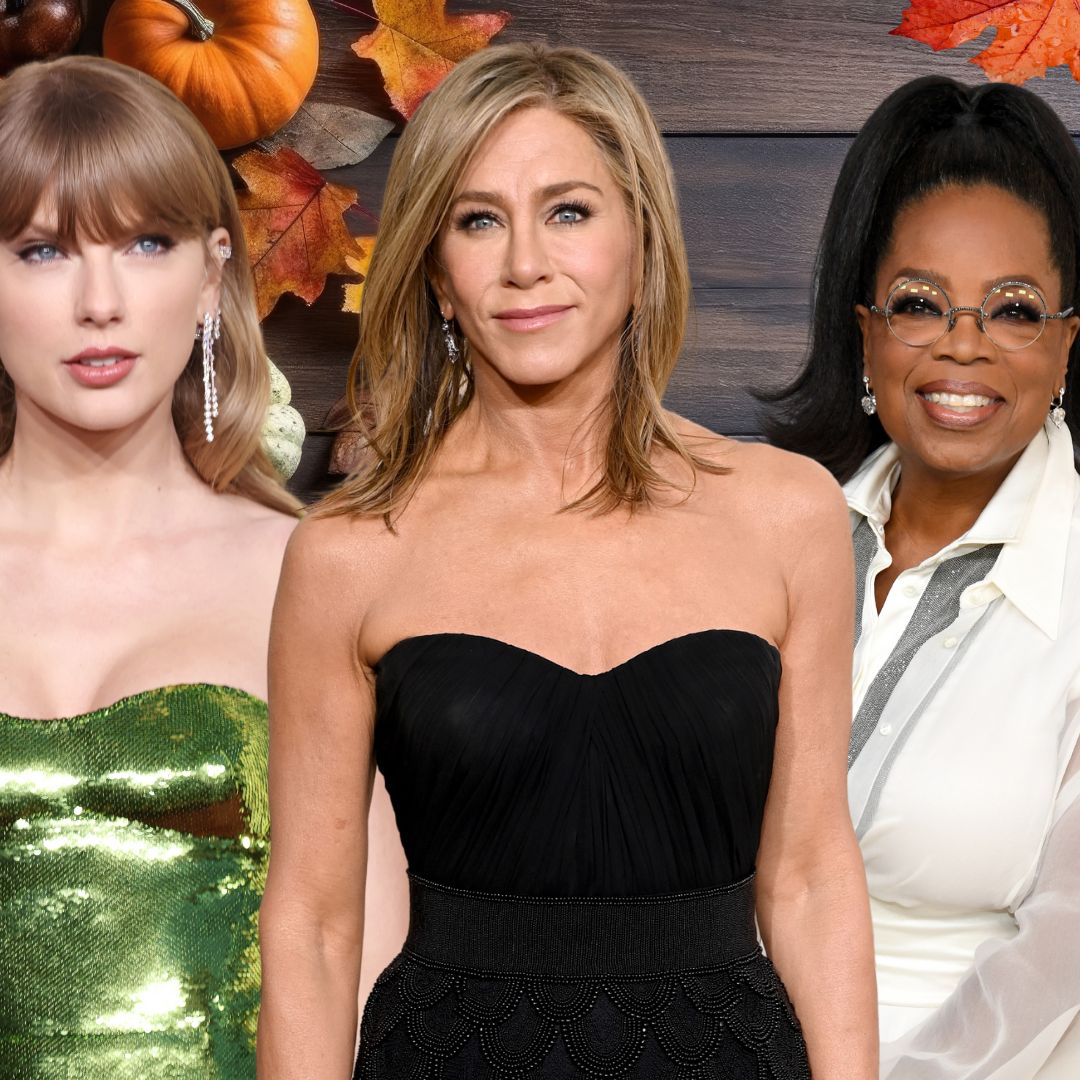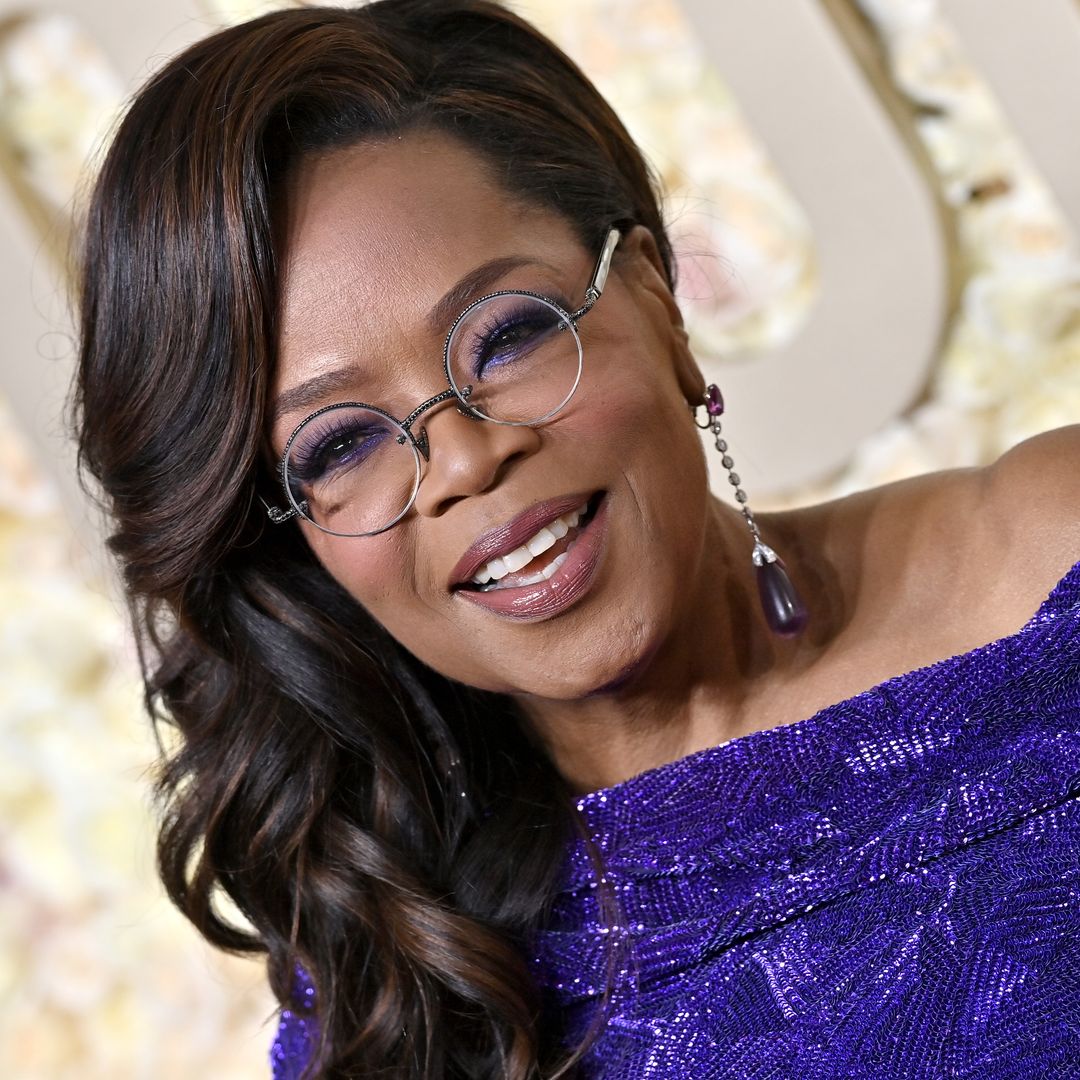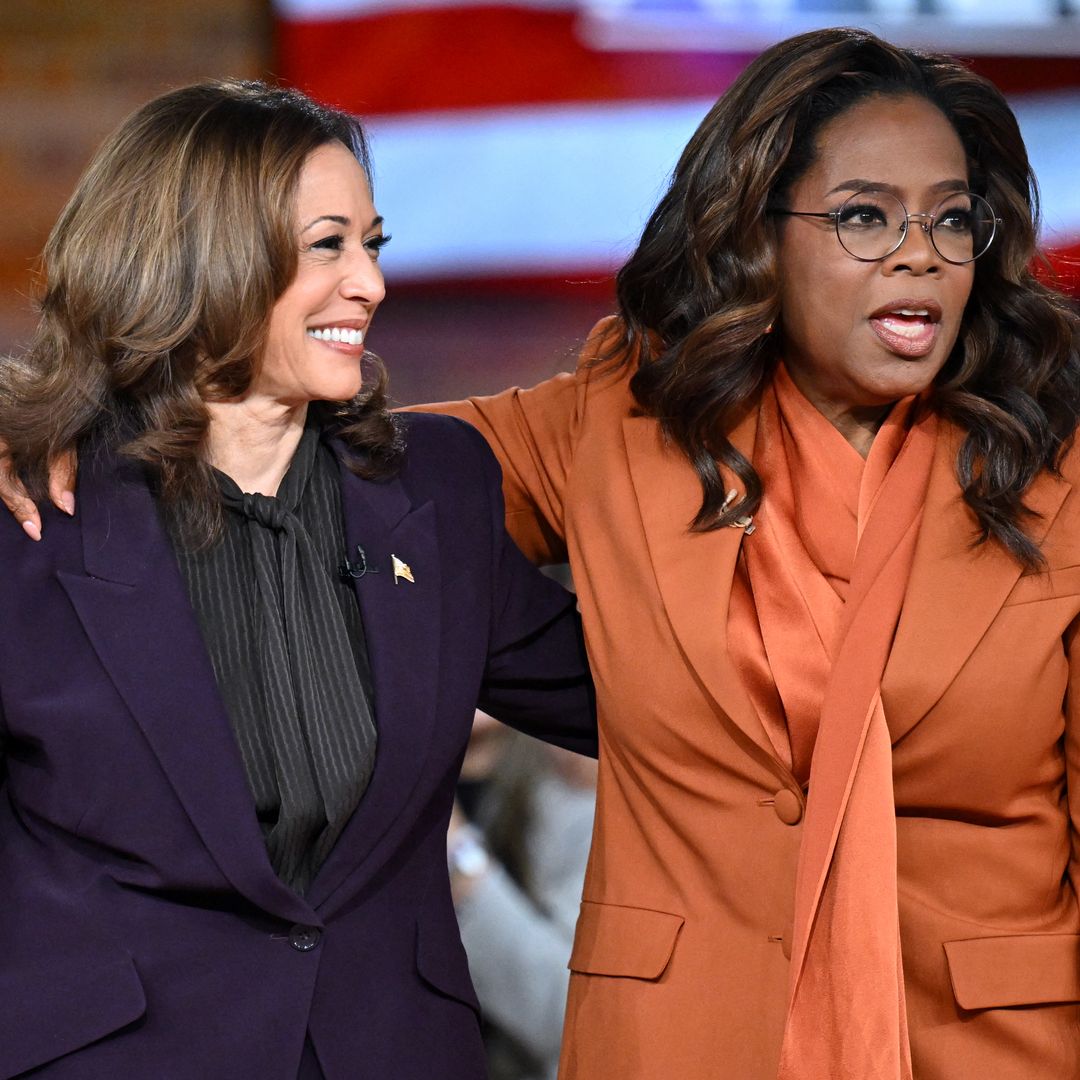Oprah Winfrey and Hillary Clinton brought the house down when they appeared at a star-studded awards do on Monday.
Both ladies opted for stylish black for the International Emmy event. Oprah was in an elegant creation with a sash tie at the waist, while the New York senator chose a tiered, chiffon gown. Oprah drew a warm round of applause from the 1,000-plus guests after telling Hillary, "I hope you do us the honour of running for office."
And all eyes were on the talkshow queen, who is riding high as she celebrates two decades of her eponymous show this month. A host of stars, including Helen Mirren, Joanna Lumley and Danny Glover, turned out to see her accept the International Emmy Founders Award, which honours excellence in programming, in a show hosted by wacky comedian Graham Norton.
The audience were captivated by the presenter's reflections on a career that has seen "a coloured girl" from Mississippi rise to become one of the most prominent figures on US TV. Oprah said she was thankful every day for having not just a job, but also a platform for changing people's lives.
In the 20 years since her programme hit the airwaves the star has encouraged the American public to take up reading, and become a poster girl for successful, voluptuous women everywhere.
Just last month she launched Oprah's Child Predator Watch List, thereby helping the FBI catch two suspected paedophiles after a tip-off from viewers. The presenter, who Forbes magazine dubbed the most powerful celebrity in the world, also regularly shares her $1 billion fortune with the needy - recently pledging $10 million for Hurricane Katrina victims.
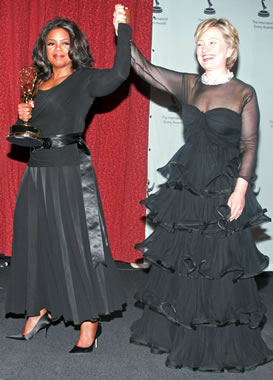 Photo: © Alphapress.com
Photo: © Alphapress.com
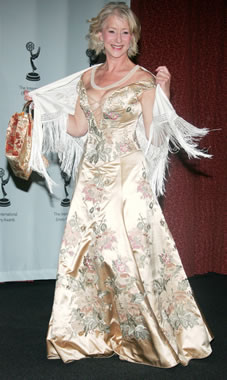 Photo: © Alphapress.com
Photo: © Alphapress.com

